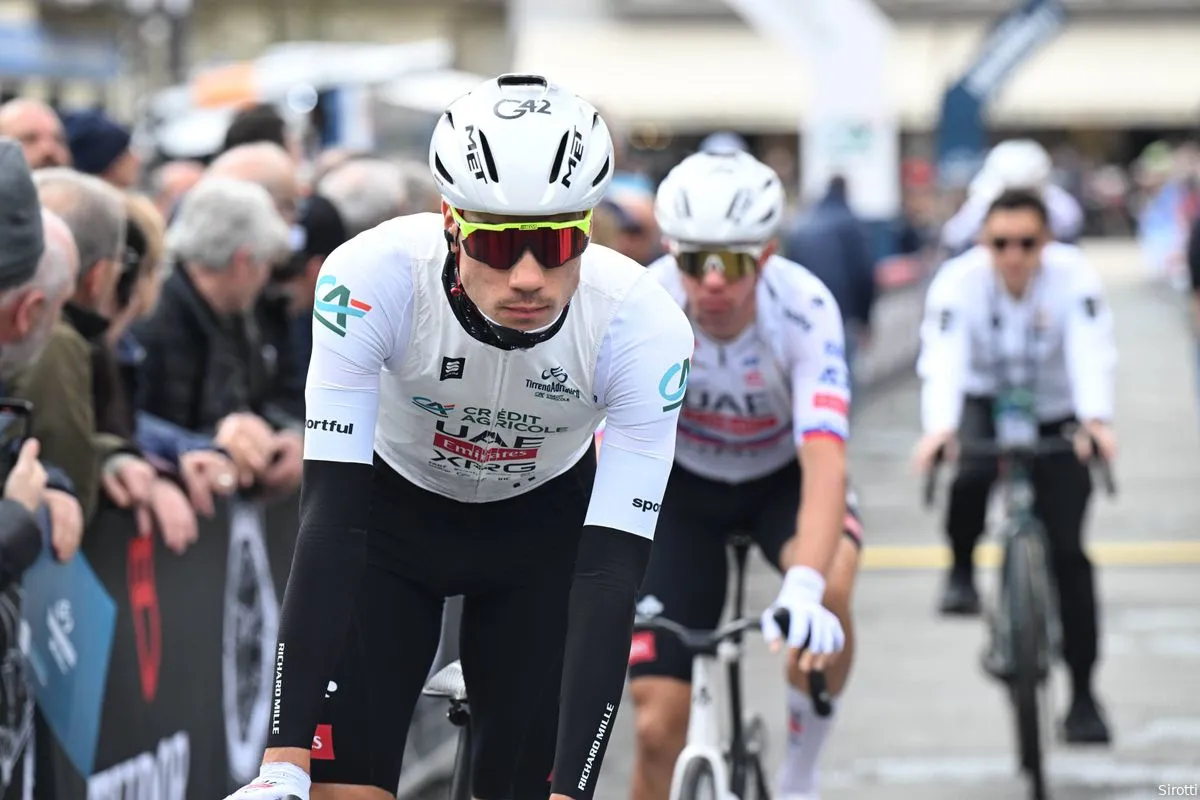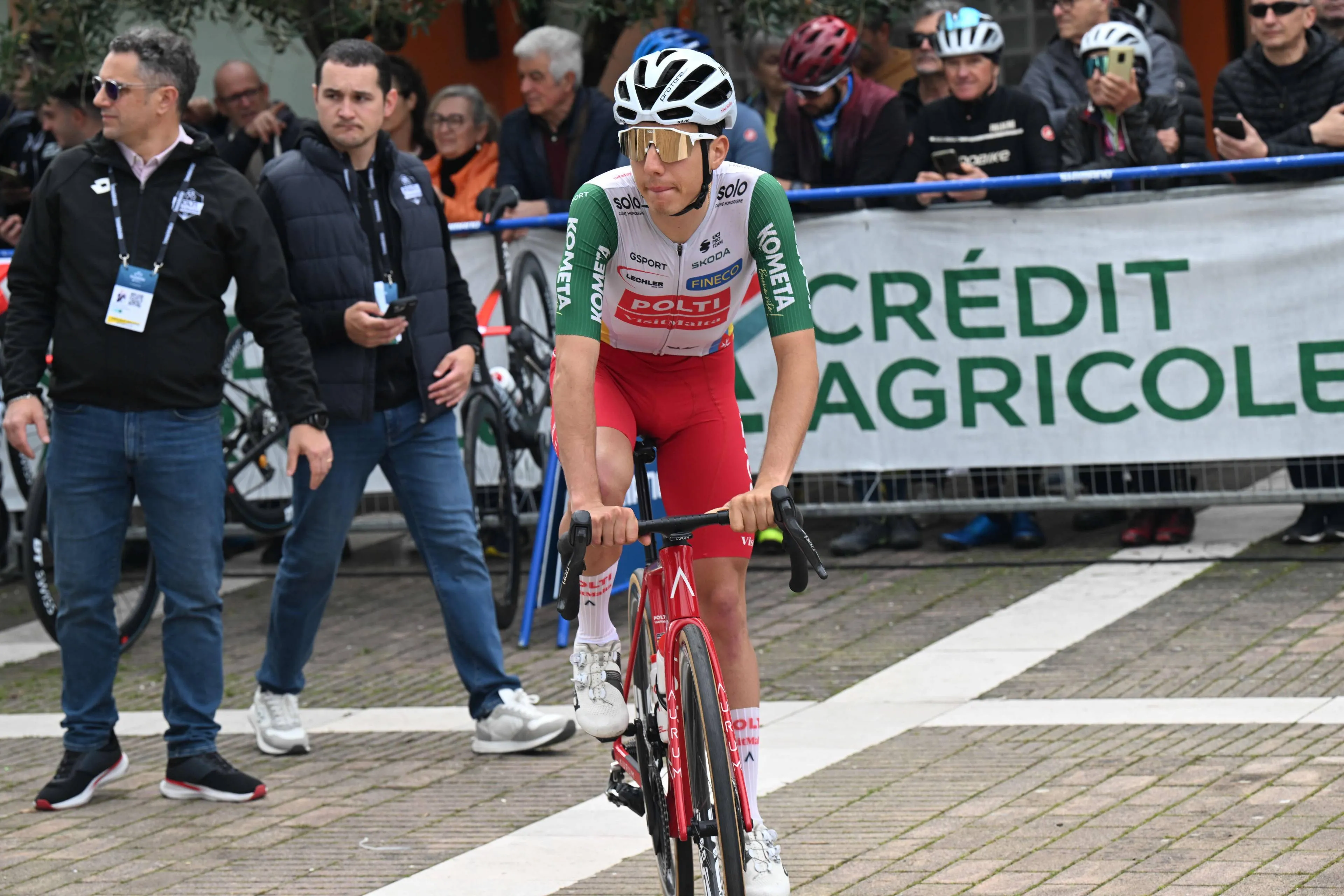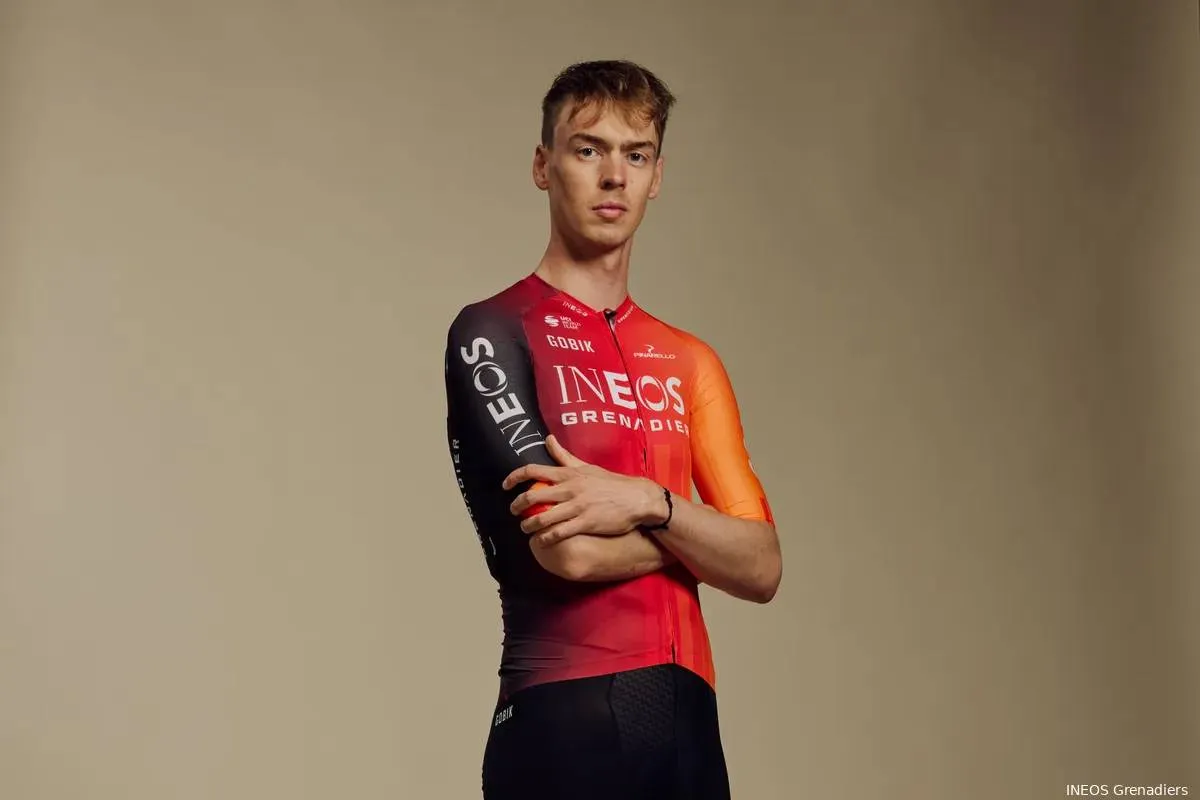Nibali on cycling in the doping era: "I never used but I was watched, and they broke into my car"
CyclingSaturday, 03 May 2025 at 12:32
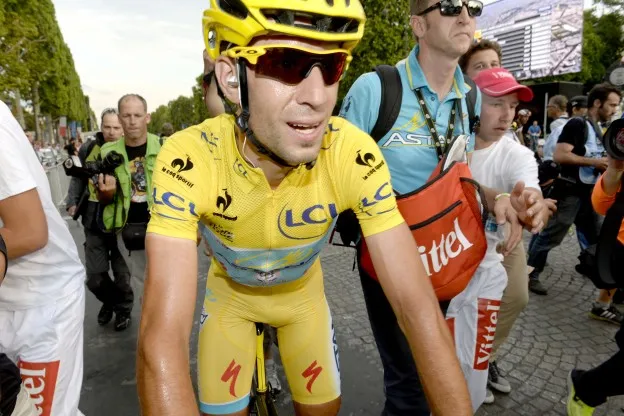
He is one of the greatest cyclists of his generation, but Vincenzo Nibali realizes that he also became famous in a sport ruined by doping. According to him, the Italian, who has since retired, won all three grand tours without ever having used doping. But he does admit in Corriere della Sera that he could have achieved much more if he had competed in a clean sport.
ADVERTISEMENT
Nibali's list of achievements speaks for itself: two overall victories in the Giro d'Italia (2013 and 2016), one overall victory in the Tour de France (2014) and one overall victory in the Vuelta a España (2010). The Shark of the Strait won three more Monuments with Milan-Sanremo (2019) and the Tour of Lombardy (2015 and 2017) and finished on the podium in seven other major tours. And that despite his troubled childhood. "I threw stones through windows and blew up letterboxes with fireworks. Messina was a mafia town; I had classmates who came to school with guns."
His father quickly put him on a bike, and in 2005, at 21, he turned professional with Fassa Bortolo. Between 2006 and 2012, he made a name for himself with Liquigas (including a Vuelta victory), but when he moved to Astana in 2013, his greatest successes followed. However, cycling was plagued by doping, especially in his early years as a professional. "My parents always said: if people force you to make the wrong choices, come back home. You can always work with us. There was a lot of talk about doping in those years, but my parents' words helped me find the right path."
ADVERTISEMENT
Read more below the photo.
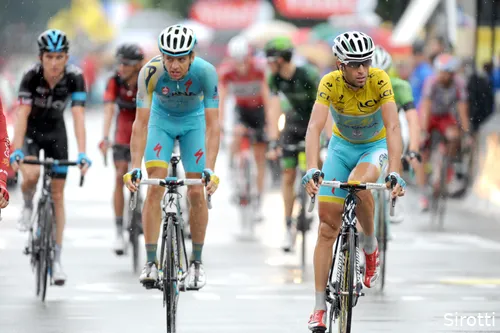
Nibali won the 2014 Tour de France
Could Nibali have won more if there had been no doping in cycling?
ADVERTISEMENT
The problems of his turbulent childhood, the pressure to dope, and Messina full of expectations: Nibali did not necessarily enjoy winning for a long time. "I considered it normal. I always lived with the handbrake on, except on my bike. I said very little for a long time, and even under great pressure, I did not make any statements. Now I realize what a bubble I was living in; I only thought about cycling. Winning the Tour de France in 2014 was the greatest joy of my career, followed by a hellish year. I was so popular that I was attacked on the street while walking with the stroller."
He learned to live with it, just as he did with the knowledge that doping was used in the peloton. "I never asked myself how much I lost because of doping, but it was probably a lot. In the 2010 Vuelta, I was riding against a certain Spaniard, Mosquera, who was later banned. What if he had won and they hadn't known about it? I rode for leaders who went into races as if it were war. For that generation, it was cultural: if you didn't use, you didn't participate."
Read more below the photo.
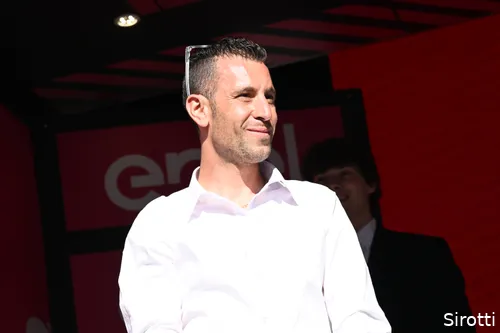
Nibali was closely watched during the doping era in cycling
ADVERTISEMENT
"The next generation changed that way of thinking. If cycling is clean today, it's also thanks to us," says Nibali, who claims he never even considered doping. Yet he was often under suspicion. "I won, I was Italian, and my team, Astana, was led by Alexandre Vinokourov, who had a questionable past. I was watched; they broke into my car and checked my phone."
"I'm sure they also broke into my house at some point, looking for evidence that wasn't there," he continues. Nibali had learned to live with it, perhaps because of his childhood. But many riders were destroyed by it. "Cyclists were an easy target, but I have never used drugs or doping in my life; I have never even thought about it. They have tested me a million times and can test all those samples again for another hundred years."
Read also
IDL-productions
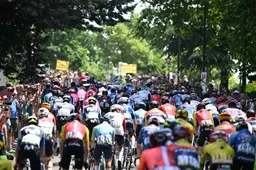
Vacancy: Growth Editor IDL Procycling - (native) English
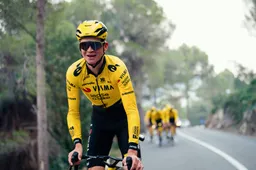
Tour of Oman 2026 | Visma | Lease a Bike and UAE’s ‘sherpas’ take up the challenge
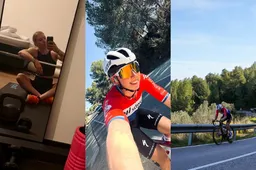
Winning machine Wiebes may get fewer chances at SD Worx-Protime after dream year
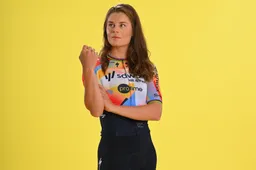
Hungrier, more eager and more in love than ever: Lotte Kopecky wants to hit back hard after failed experiment
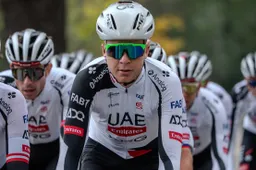
Gravel world champion Florian Vermeersch wants to take next step in the Classics — with and without Tadej Pogacar
Latest Cycling News

Vacancy: Growth Editor IDL Procycling - (native) English
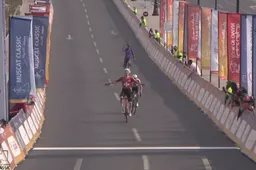
Visma | Lease a Bike see Lemmen come close, but Muscat Classic win goes to Jayco AlUla
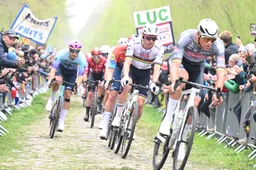
Jens Voigt: ‘It’s almost impossible for Pogacar to beat Van der Poel’
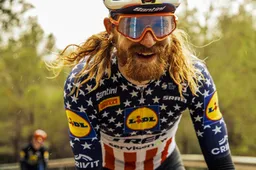
Quinn Simmons has no interest in a ‘drag race’ against Van der Poel and Pogačar, while riding for Pedersen
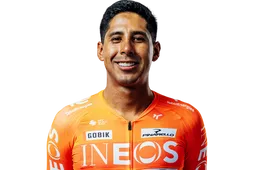
43.96km at 55.5 km/h, and Bernal three minutes behind: do INEOS have a surprise weapon for 2026?
Popular Cycling News
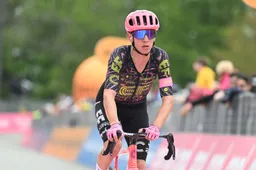
Former pro cyclist, who became an OnlyFans model after being sacked by EF Education-EasyPost, arrested in Italy
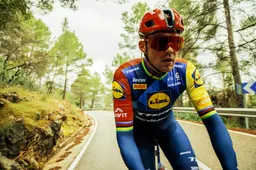
Mads Pedersen taken to hospital after crash forces early abandon at Tour of Valencia

Jens Voigt: ‘It’s almost impossible for Pogacar to beat Van der Poel’
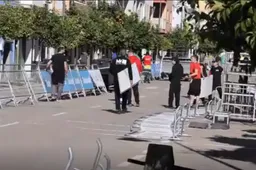
Evenepoel and Uijtdebroeks relieved after Valencia time trial ruling, but others furious: “It makes no sense”
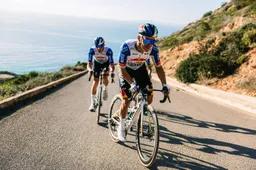
Girmay didn’t expect it, but this is why Evenepoel and Red Bull lit the fuse in Valencia straight away
Latest Comments
- Nice!Bea22-01-2026
- Those events are mental rest for him. Fun, without expectations. *Sagan lost his abilities because he gained weight and got lazy. Pogi will likely retire before that has a chance at happening.Veganpotter14-12-2025
- Ah, the consequences of riding for Israel.Veganpotter11-12-2025
- Pidcock could follow everyone but Pogi while finishing 3rd. No second place rider this season😃Veganpotter16-11-2025
- Now the Palestinian protestors can stop their whining. Trump came to the rescue. So they can now STFU and go back to waving the rainbow flags.raufus15-10-2025
- Cracked the code lol. If it was that easy to 'crack the code' jonny Vegas would be charging up the Kwaremont giving Pog a dose of his medicine. Evenepoel can't match pog on a climb and neither can mvdp. Anything with a half difficult climb and Pog smashes the field. Even on flat(ish)parcours like Roubaix it came down to a mistake and crash by pog to definitively crown mvdp. MSR is the only one that Pog probably won't win.kevpt10-10-2025
- We've seen this movie before. I think Pogacar is doping.DeadBlow10-10-2025
- 👍Bea08-10-2025
- 👌🏻Bea08-10-2025
- What the data doesn't show is how much of an effect drafting had for evenepoel. Pogacar went with del toro at 100km whilst Evenepoel was still in the bunch. Despite the bike changes he still had a lot of assistance getting back to the bunch. Pogacar then rode 60km solo whilst evenepoel rode with Healy/Skjelmose until going solo in thd last 10-15km. Thats ~20% less power / energy requirements for 45-50km. Apples and oranges...kevpt30-09-2025
Loading
